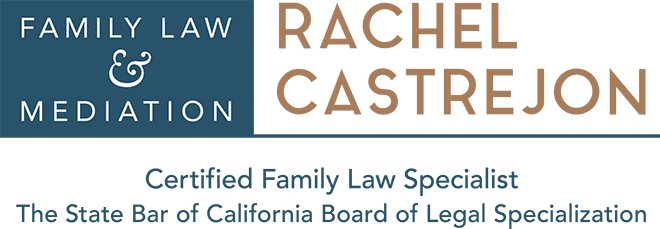When Your Spouse Stops Contributing to House Expenses

Often, couples who are newly separated do not understand their obligations and rights regarding payment of the “family home” expenses. The law regarding payment of “joint expenses” post-separation is not intuitive and can feel unfair to the person who is left in the family home. That is because, under California law, the person left in the “family home” is responsible for all costs associated with the “family home” and could owe the spouse who is no longer residing in the home one-half the rental value of the “family home” even if the other spouse voluntarily chose to move out of the family home. Spouses rights and obligations regarding post-separation use of the family home and payment of community expenses with separate property are defined by two seminal cases, In re Marriage of Watts (1985) 171 Cal.App.3d 366 (“Watts”) and In re Marriage of Epstein (1979) 24 Cal.3d 76 (“Epstein”).
Do I really have to pay my ex-spouse one-half of the rental value of my home?
Pursuant to the holding in the Watts case, a spouse who remains in the family home may have to pay one-half of the net fair rental value of the home to the spouse who no longer lives in the family home (“the out spouse”). The right of the out spouse to recover one-half of the net rental value begins to accrue at the date the out spouse moves out of the home and continues until the community no longer has an interest in the home. Reimbursement of the fair rental value is not mandatory, but rather, the court has discretion to order reimbursement for the reasonable use of the family home and should balance the equities in the case in determining whether to award one-half the rental value.
Do I really have to pay my ex-spouse for all the payments he made toward our joint debts?
Pursuant to the holding in the Epstein case, a spouse who, after the date of separation, uses earnings or other separate funds to pay preexisting community debt should be reimbursed for such payments from the community unless the payments of preexisting community debts constituted a discharge of the paying spouse’s duty to pay support to the other spouse. Any reimbursement for post-separation payment of community debts lies within the discretion of the trial court and is not mandatory.
How do I protect myself against fair rental value and reimbursement claims?
The best practice is to establish an agreement early on (i.e. before either spouse moves out of the house or as soon as possible after one spouse moves out) as to the use of the home and how the rental value will be treated at the time of dissolution. To avoid the risk of a reimbursement issue, it is best to agree on how community debts will be paid post-separation and to establish support orders either prior to separation or as soon after separation as practicable.
